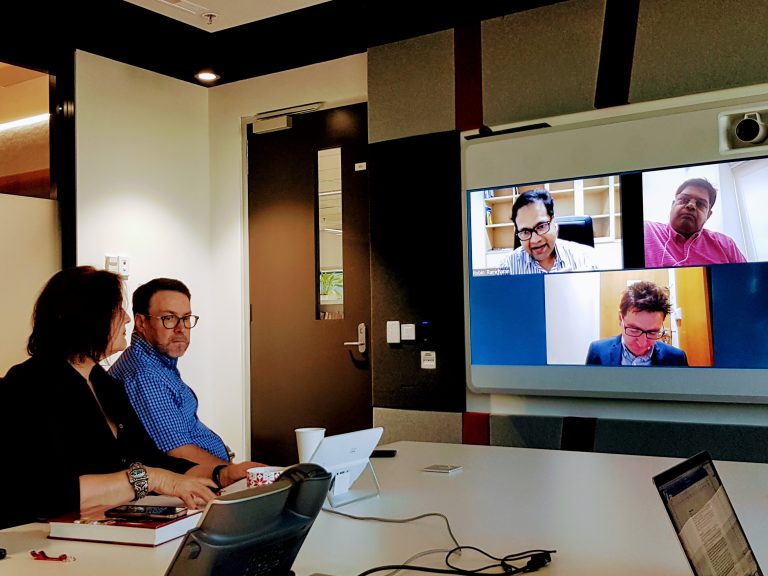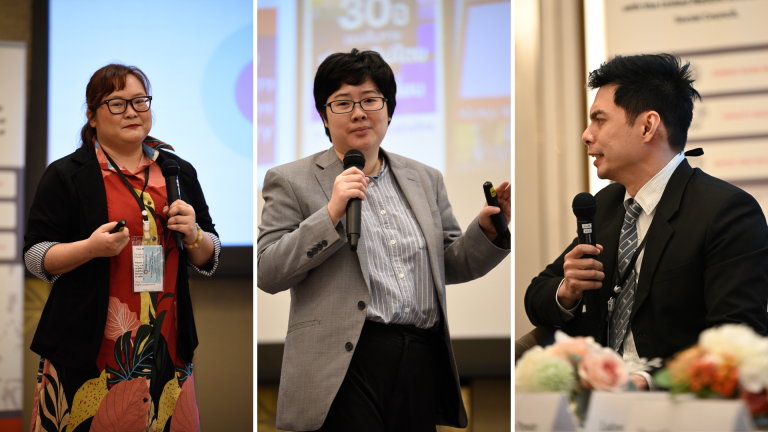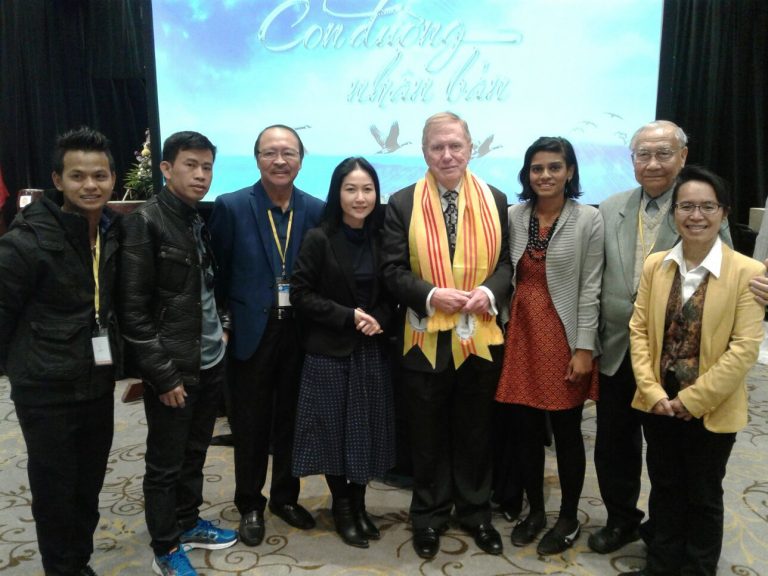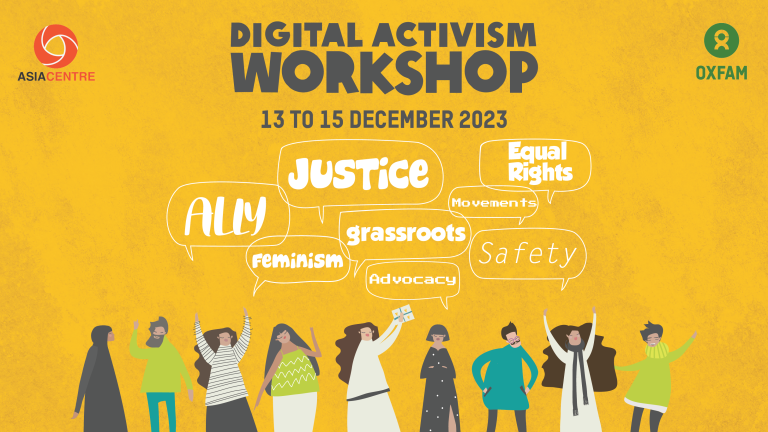
In the heyday of digital activism, the online realm held promise as a dynamic battleground for social change. The openness and lack of border restrictions seemed to provide fertile ground for activists to orchestrate campaigns, as seen in the transformative movements like the Arab Spring and Taiwan’s Sunflower Movement. However, the optimism surrounding the efficacy of online activism has proven short-lived, especially in the face of increasing restrictions imposed by authoritarian regimes across Asia.
Examples abound of repressive tactics, from judicial harassment to internet shutdowns, online censorship, information warfare, and digital surveillance. These measures have significantly curtailed the effectiveness of digital activism compared to its initial potential.
To address these challenges head-on, Asia Centre and Oxfam in Asia jointly organised the Digital Activism Workshop in Bangkok from 13 -15 December. The workshop aimed to establish a collaborative space for knowledge sharing and collective reflection on leveraging digital spaces for social mobilisation. Thirty activists from South and Southeast Asia participated, collectively reevaluating the narrative surrounding digital activism.
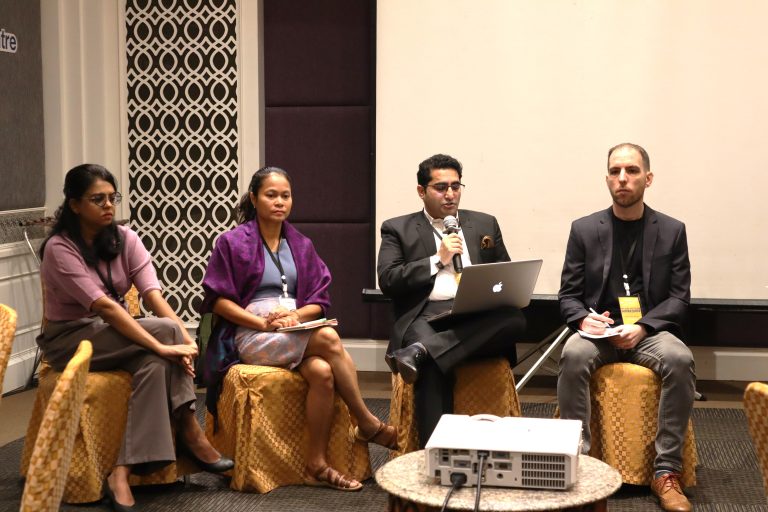
Over the three days, activists showcased the tactics they have adopted, with a focus on social media platforms such as TikTok, Facebook, and Instagram. Short videos dominate the current and the immediate foreseeable future, demanding an awareness of social media trends in digital activism. Despite efforts to tailor content to each platform’s policies and audience, campaigns often face minimal engagement. Activists suspect that algorithmic curation by big technology companies favours government content, undermining the reach of activist campaigns.
To overcome these challenges, activists have turned to collaboration with online content creators and influencers. However, this approach comes with its own set of issues, including high costs and potential credibility challenges when influencers do not align with campaign values
Another significant hurdle faced by activists is the onslaught of trolls and bots during online campaigns. These entities flood critical social media posts with disinformation and abusive language, creating a hostile environment. Activists, constrained by limited platform responses to these issues, resort to adopting a more ambiguous tone during online campaigns, a strategy broadly termed “using euphemisms.”
The use of euphemisms involves activists softening their language and diluting rhetoric to navigate around online obstacles. While this tactic may help sidestep censorship, it risks compromising the emotional appeal that drives people to take up the call to action. Additionally, the use of local languages can limit a campaign’s reach, hindering its ability to connect with a broader audience
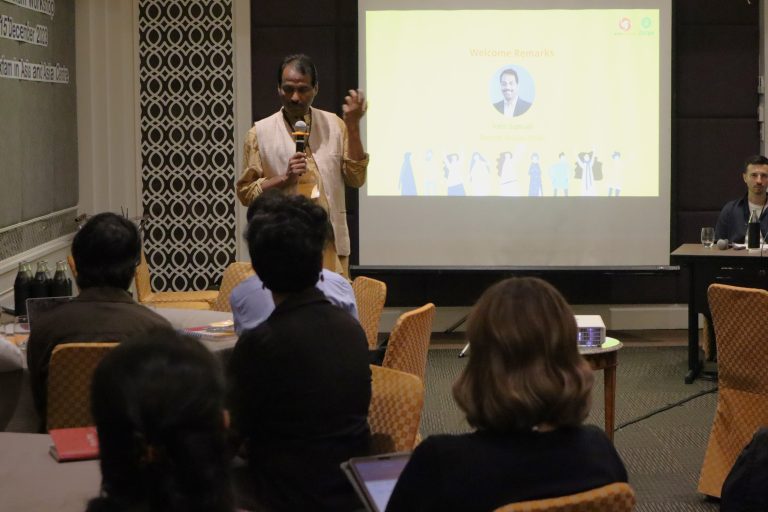
Beyond social media, messaging applications are crucial tools for digital activism, facilitating operational communication among activists. However, governments in the region exploit spyware and collude with tech companies to monitor these communications. Activists must employ digital security tools, but this comes at the expense of efficiency, as the constant preoccupation with security compromises their effectiveness.
Repressive laws further impede transborder efforts to mobilise online. Laws restricting the scope of international non-governmental organisations (INGOs) funding, national operations and partnerships with local partners often force them to operate under restrictive conditions, such as through remote working, use of consultants, the absence of legal status and thereby forcing them to limit their visibility. Although this strategic approach allows advocacy to persist in restrictive environments, it comes at the cost of the INGOs’ overall relevance, apart from sub-granting and capacity transfer.
The Digital Activism Workshop concluded with a stark realisation: digital activism is increasingly restricted through platforms’ algorithms. The path forward involves refining online and offline advocacy tactics to suit each occasion and keeping in pace with political and technological developments. Activists must strike a balance between social media adaptability and the essence of their campaigns, ensuring that activism retains its emotional appeal even if elements of it need to now include offline tactics.
The era of large-scale audience targeting for mass mobilisation via social media is over. Activists should shift from blanket approaches to campaigns designed for niche audiences with the momentum to drive social change using both online and offline approaches. For INGOs, maintaining a low profile during certain campaigns is understandable, but they must recognise that their role is increasingly in the background.
In navigating this evolving digital landscape, activists must remain adaptable, recognizing that the dynamics of online activism demand constant evolution and strategic innovation. The challenges are formidable, but as activists refine their approaches, the hope for meaningful change in the digital sphere endures.
Asia Centre is a civil society research institute in Special Consultative Status with the United Nations Economic and Social Council. It serves as a knowledge partner and undertakes evidence-based research as well as provides capacity-building training for end beneficiaries. If you would like to collaborate with the Centre, please send an expression of interest to contact@asiacentre.org.


